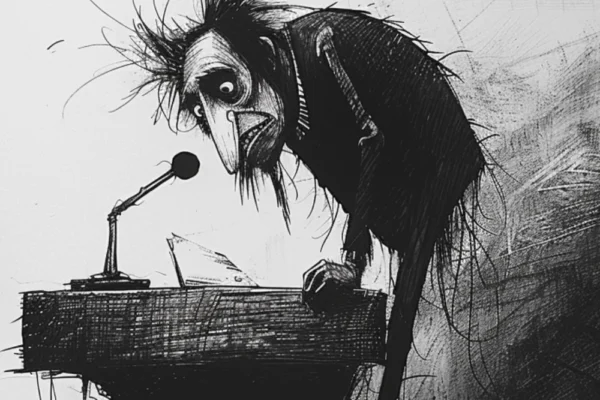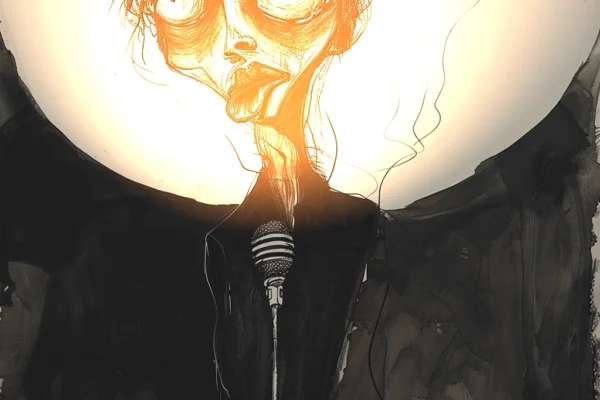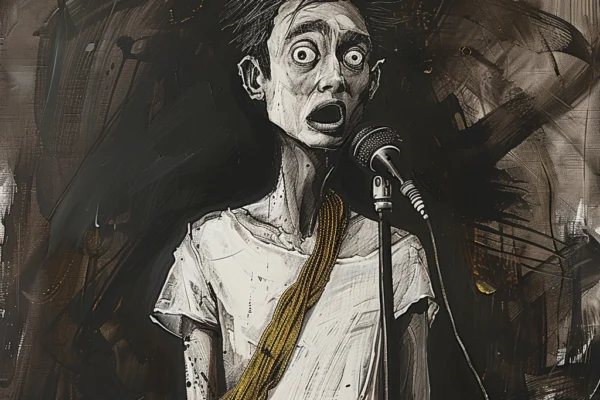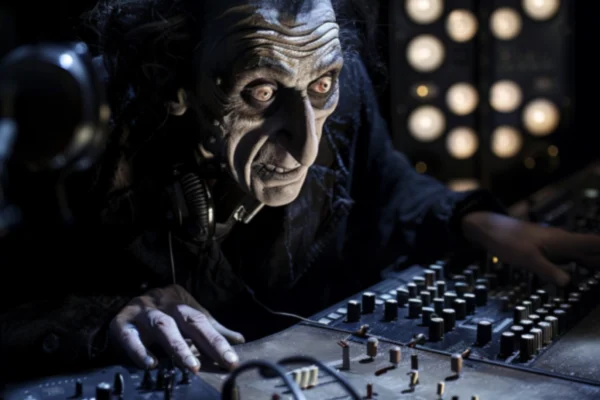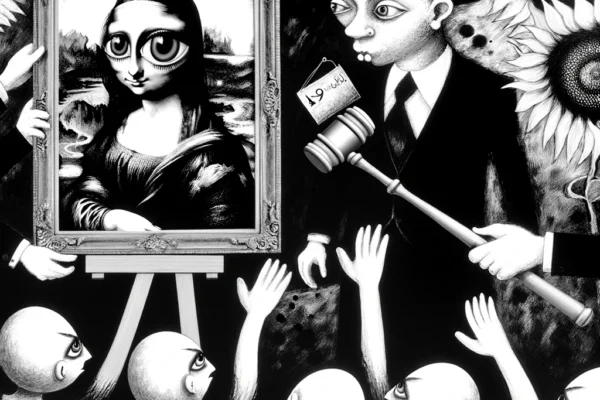
Auctioneer
If you feel confident in front of a crowd and enjoy interacting with an audience this could be a good gig for you. As with anything creative it is often difficult to get in. in 2004 I met a chap who worked as a spotter at the Narellan Auctions (now closed). I was working in…

